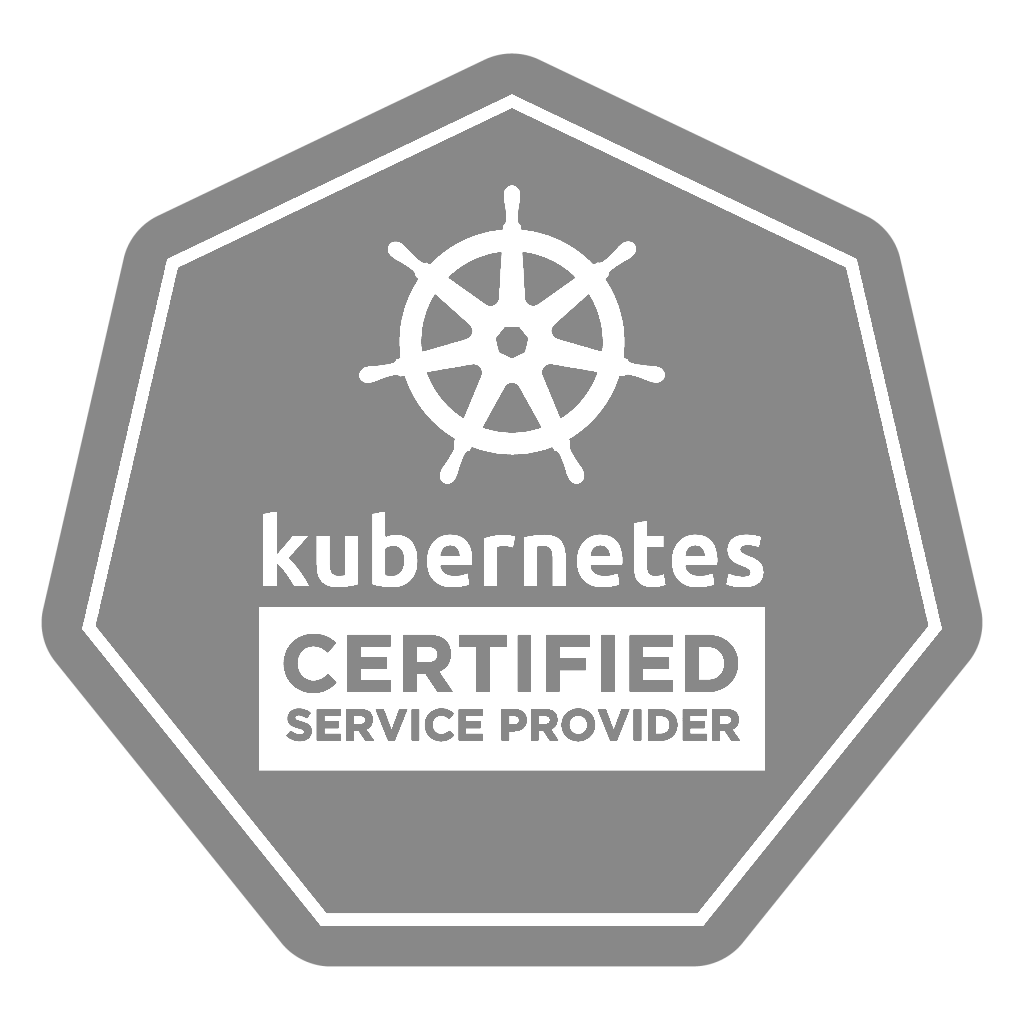
IT service provider Fullstaq has been named Kubernetes Certified Service Provider (KSCP) by the Cloud Native Computing Foundation (CNCF). This makes Fullstaq the first certified Kubernetes consultancy agency in The Netherlands.
Software Containerization Gains Popularity
More and more organizations are opting for software containerization. Gartner predicts that by 2022 more than 75% of multinationals will run containerized applications on production environments. In 2019, less than 30% of multinationals were doing that.
Worldwide, Kubernetes is considered the leading platform to implement, update and manage these containers and containerized applications. The recognition of Fullstaq as Kubernetes Certified Service Provider is extra valuable in this growing market.
Strict Requirements for Kubernetes Certification
The KCSP certificate is only issued to service providers who have demonstrable experience helping their customers successfully implement and adopt Kubernetes.
Fullstaq helps organizations such as Bol.com, Jumbo and NS make more efficient use of their cloud and container infrastructure. Thanks to its diverse client portfolio and deep experience, Fullstaq is the Kubernetes expert in The Netherlands. Being named KSCP by CNCF confirms this.
The Kubernetes certification is not only a great reward for Fullstaq, it also gives (new) clients the confidence to achieve their Kubernetes ambitions together with Fullstaq.
Gerrit Tamboer, Fullstaq co-founder, about obtaining the certification:
“The majority of our clients are working on large-scale cloud and containerization transformations. To be able to use our knowledge and skills to help them is amazing. Our efforts and achievements are now recognized by CNCF, the most important organization driving Kubernetes. We were already proud of our achievements, but this is a very welcome icing on the cake. We are excited and ready to create success stories for new clients.”
Gerrit Tamboer
Benefits of containerization
Containerization allows for faster and more efficient delivery of applications and functionalities. Compatibility issues are a thing of the past. Major advantages of Kubernetes are fault tolerance and horizontal scalability. The use of containers also fits perfectly into a microservices-architecture. In addition to that, every major cloud provider supports Kubernetes, including AWS, Azure and Google Cloud Platform.
Even though many organizations believe in the potential of Kubernetes, the implementation proves to be challenging: traditional applications have not been developed with containerization in mind. That is why a cloud native transformation is often needed. Fullstaq engineers are experienced in guiding that transition and, moreover, almost all of them are Certified Kubernetes Administrators.
Containerization with Kubernetes
Kubernetes is open source software in which engineers implement, update and manage large groups of containers and containerized applications. Each container contains independently operating software for usually one, and sometimes several processes. This software runs on a light operating system, without interacting with other software. Differences in versions of the operating system and infrastructure do not affect the efficacy of the container and containerized applications.




